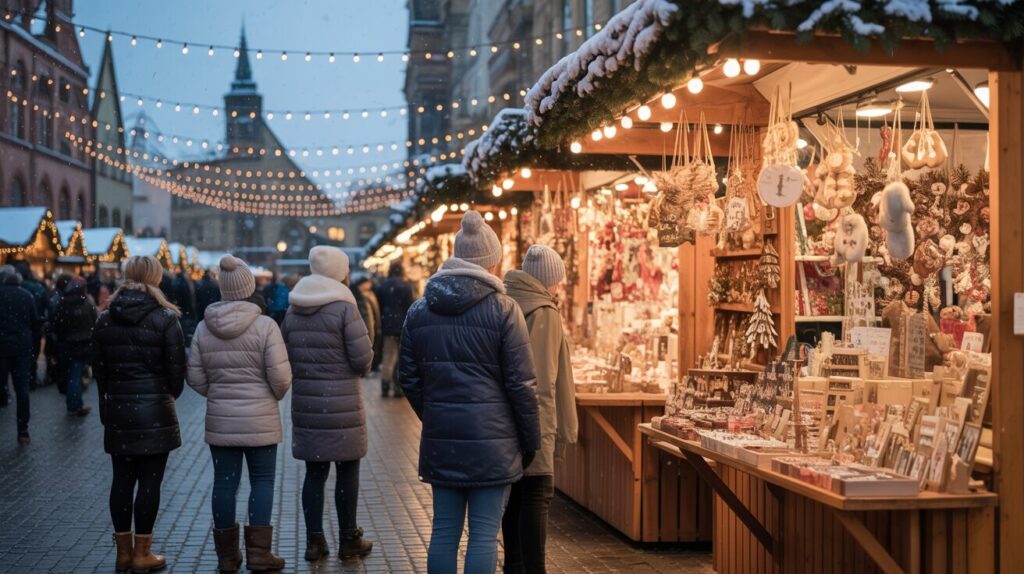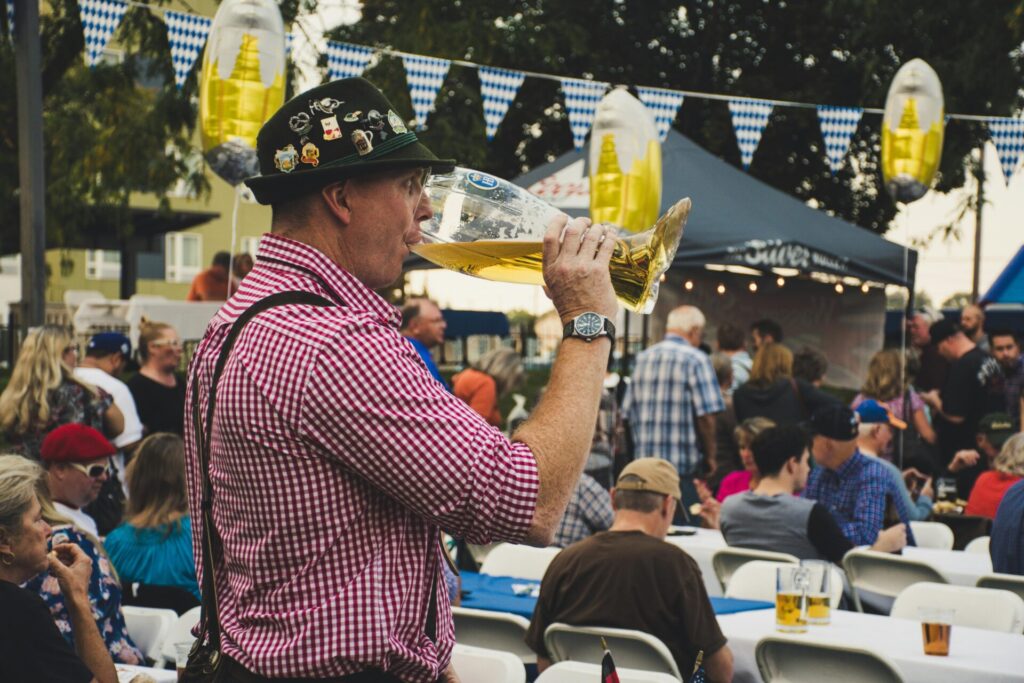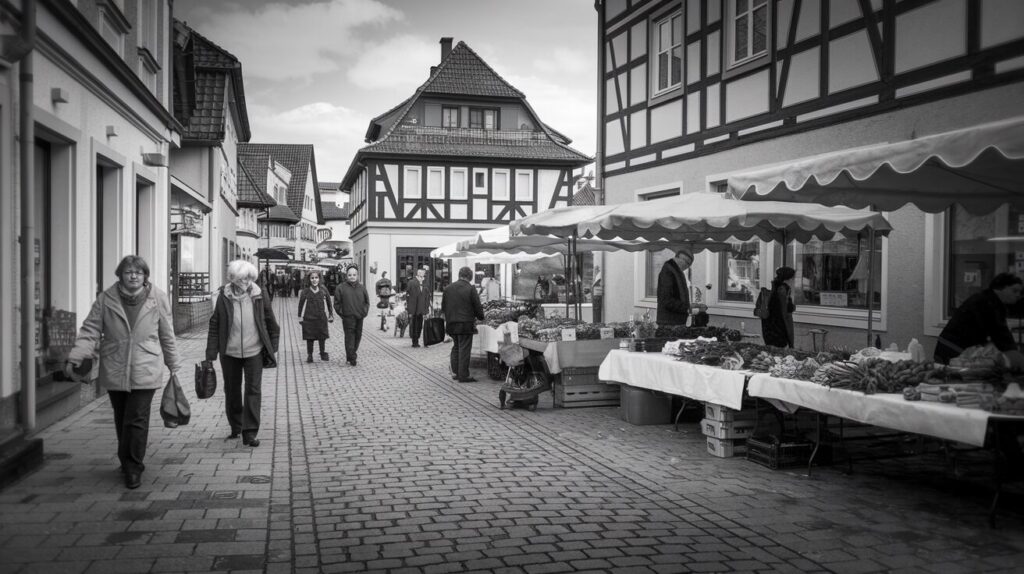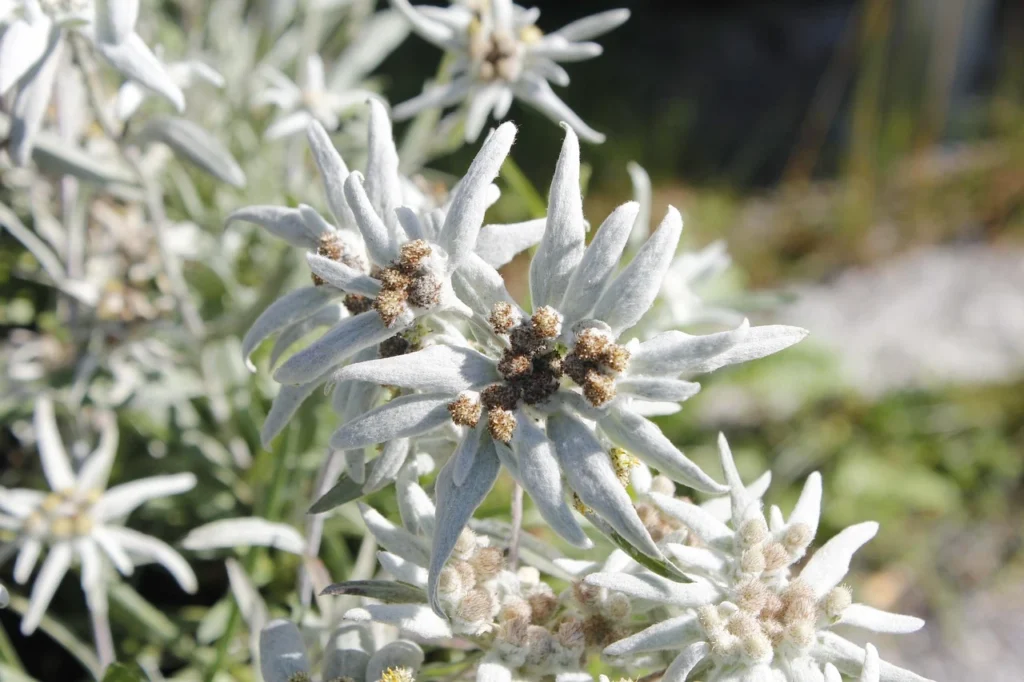Ah, Germany! The land of fairytale castles, hearty cuisine, and, of course, the world-renowned Oktoberfest. For many Americans with German heritage, Oktoberfest is the quintessential celebration, a vibrant reminder of our ancestral roots. But Germany’s cultural tapestry is far richer and more diverse than just one beer-soaked festival. Beyond the tents of Munich lies a treasure trove of unique celebrations, regional traditions, and historical commemorations, waiting to be discovered. Here we’ll explore some of the hidden German festivals and celebrations besides the popular Oktoberfest.
If you’re looking to deepen your connection to your German heritage, or simply seeking authentic and unforgettable travel experiences, then join us as we journey beyond Oktoberfest and unearth Germany’s hidden festivals and celebrations. Get ready to explore the fascinating customs, historical significance, and sheer joy that these events offer. And, for those of us stateside, we’ll even touch on some unique German festivals you can find right here in the USA!
German Festivals Beyond the Oktoberfest
While Oktoberfest is undoubtedly a highlight, it’s important to remember that Germany’s festive calendar is packed year-round. From the depths of winter to the heat of summer, there’s always a reason to celebrate in Germany. Let’s explore some of the most intriguing and less-known festivals:
- Karneval/Fasching/Fastnacht (Carnival): Before the somber season of Lent, Germany erupts in a riot of color, costumes, and revelry. Depending on the region, this pre-Lenten celebration goes by different names – Karneval in the Rhineland (Cologne, Düsseldorf, Mainz), Fasching in Bavaria, and Fastnacht in Baden-Württemberg and Swabia. Think Mardi Gras, but with a distinct German twist. Expect elaborate parades featuring floats satirizing politicians and current events, costumed balls, street parties, and the traditional “Weiberfastnacht” (Women’s Carnival) where women playfully “attack” men by cutting off their ties. The spirit is one of playful rebellion and letting loose before the austerity of Lent.
- Maibaumaufstellen (Raising the Maypole): As spring blossoms, villages across Bavaria and other parts of Germany celebrate the arrival of warmer weather with the raising of the Maibaum, a tall, decorated maypole. This isn’t just a simple hoisting; it’s a carefully choreographed event, often accompanied by traditional music, dancing, and food. The Maibaum is decorated with symbols representing local crafts and trades, and its raising is a symbol of community strength and renewal. In some regions, neighboring villages even try to steal each other’s Maibaum, leading to playful (and sometimes quite elaborate) attempts at theft and recovery.
- Walpurgisnacht (Walpurgis Night): This German festival is celebrated on the night of April 30th, Walpurgisnacht is a night of folklore, bonfires, and the supposed gathering of witches. Rooted in pagan traditions, this night is particularly celebrated in the Harz Mountains, where legend says witches gather on the Brocken mountain to meet with the devil. Today, Walpurgisnacht is a more lighthearted affair, with bonfires, costume parties, and theatrical performances. It’s a fascinating glimpse into Germany’s rich folklore and its enduring fascination with the supernatural.
- Weinfeste (Wine Festivals): Germany’s wine regions, particularly along the Rhine and Moselle rivers, come alive in the late summer and early autumn with Weinfeste. These festivals celebrate the harvest and the region’s viticultural heritage. Expect to find charming villages decked out in festive decorations, local winemakers offering tastings of their latest vintages, traditional music, and delicious regional cuisine. It’s a fantastic opportunity to sample some of Germany’s finest wines, learn about the winemaking process, and soak up the convivial atmosphere.
- Christkindlmärkte (Christmas Markets): While not exactly “hidden,” Germany’s Christmas markets are a must-experience during the Advent season. These enchanting markets transform town squares into winter wonderlands, filled with twinkling lights, handcrafted gifts, delicious treats like gingerbread and Glühwein (mulled wine), and the sounds of Christmas carols. Each market has its own unique charm and traditions, making them a truly magical experience. From the famous Nuremberg Christkindlesmarkt to the smaller, more intimate markets in rural villages, there’s a Christmas market to suit every taste.



Regional Traditions and Local Customs
Germany’s regional diversity is reflected in its unique traditions and customs. Each region boasts its own distinct dialect, cuisine, and festive celebrations. Exploring these regional differences is key to understanding the true depth of German culture.
- Bavaria: Beyond Oktoberfest, Bavaria is known for its strong Catholic traditions, its love of Lederhosen and Dirndls (traditional clothing), and its unique dialect. The Georgiritt (St. George’s Ride) in Traunstein is a spectacular equestrian procession honoring St. George, the patron saint of horses. Leonhardifahrt, another Bavarian tradition, involves elaborately decorated horse-drawn carts parading through villages in honor of St. Leonhard, the patron saint of livestock.
- Rhineland: The Rhineland, with its vibrant cities like Cologne and Düsseldorf, is famous for its Karneval celebrations and its Kölsch beer. The region also has a strong tradition of winemaking, particularly along the Rhine River.
- Black Forest: The Black Forest region is known for its cuckoo clocks, its dense forests, and its traditional costumes. The Kirschtorte (Black Forest cherry cake) is a culinary specialty of the region.
- Saxony: In Saxony, particularly around the Erzgebirge mountains, woodcarving is a traditional craft. During the Christmas season, the region is filled with handcrafted wooden decorations, including nutcrackers, smokers, and candle arches.
Historical Significance: German Festivals Rooted in the Past
Many German festivals have deep historical roots, reflecting the country’s rich and often turbulent past. Understanding the historical context of these celebrations adds another layer of appreciation to the experience.
- Oktoberfest (Munich): While known for its beer tents, Oktoberfest actually originated as a celebration of the wedding of Crown Prince Ludwig and Princess Therese of Saxe-Hildburghausen in 1810. The horse races that marked the end of the wedding celebrations became an annual event, eventually evolving into the Oktoberfest we know today.
- Karneval/Fasching/Fastnacht: The roots of Karneval lie in pre-Christian pagan traditions, as well as medieval Christian customs. The festival served as a way to let off steam before the fasting period of Lent, and also provided an opportunity to mock authority figures.
- Walpurgisnacht: As mentioned earlier, Walpurgisnacht has its roots in pagan folklore and the belief in witches gathering on the Brocken mountain. The celebration is linked to the arrival of spring and the warding off of evil spirits.
Unique Customs: Embracing the Quirks of German Festivals
German festivals are often characterized by unique customs and traditions that add to their charm and authenticity.
- Schuhplattler: This traditional Bavarian folk dance involves slapping the soles of the shoes and thighs in a rhythmic pattern. It’s a lively and energetic dance that is often performed at festivals and celebrations.
- Dirndl and Lederhosen: These traditional Bavarian garments are a common sight at festivals, particularly in Bavaria and Austria. The Dirndl is a traditional dress for women, while Lederhosen are leather shorts for men.
- Prost!: This is the German word for “cheers!” and is an essential part of any German celebration involving beer or wine.
- Vereine (Clubs): In many German towns and villages, local clubs (Vereine) play a significant role in organizing and participating in festivals. These clubs can range from sports clubs to cultural clubs to traditional costume clubs.

German Festivals Around the USA
For those of us with German heritage living in the USA, it’s not always possible to travel to Germany to experience these festivals firsthand. Thankfully, many German-American communities across the country host their own festivals and celebrations, bringing a taste of the Heimat (homeland) to America.
- Oktoberfests: Of course, Oktoberfest celebrations are widespread in the USA, with large events held in cities like Cincinnati, Denver, and Helen, Georgia. These festivals offer a taste of Bavarian culture, with German beer, food, music, and dancing.
- German Christmas Markets: Several cities in the USA host German-style Christmas markets, offering handcrafted gifts, traditional German food and drinks, and a festive atmosphere. Chicago’s Christkindlmarket is one of the most well-known.
- German-American Day Parades: German-American Day is celebrated on October 6th and is often marked by parades and festivals celebrating German heritage and culture.
- Smaller Regional Festivals: Many smaller towns and communities with strong German roots host their own unique festivals, often celebrating local traditions and customs. These festivals can be a great way to experience a more authentic and intimate taste of German culture. Look for events hosted by local German-American clubs and organizations.
Conclusion: A Journey of Discovery
Beyond the familiar fanfare of Oktoberfest lies a world of vibrant German festivals and celebrations, each offering a unique glimpse into the country’s rich history, regional diversity, and enduring traditions. Whether you’re planning a trip to Germany or seeking out German-American festivals closer to home, exploring these hidden gems is a rewarding way to connect with your heritage, experience authentic German culture, and create unforgettable memories. So, raise a glass (or a Stein!), embrace the spirit of Gemütlichkeit (coziness and conviviality), and embark on a journey of discovery beyond Oktoberfest! Prost!




